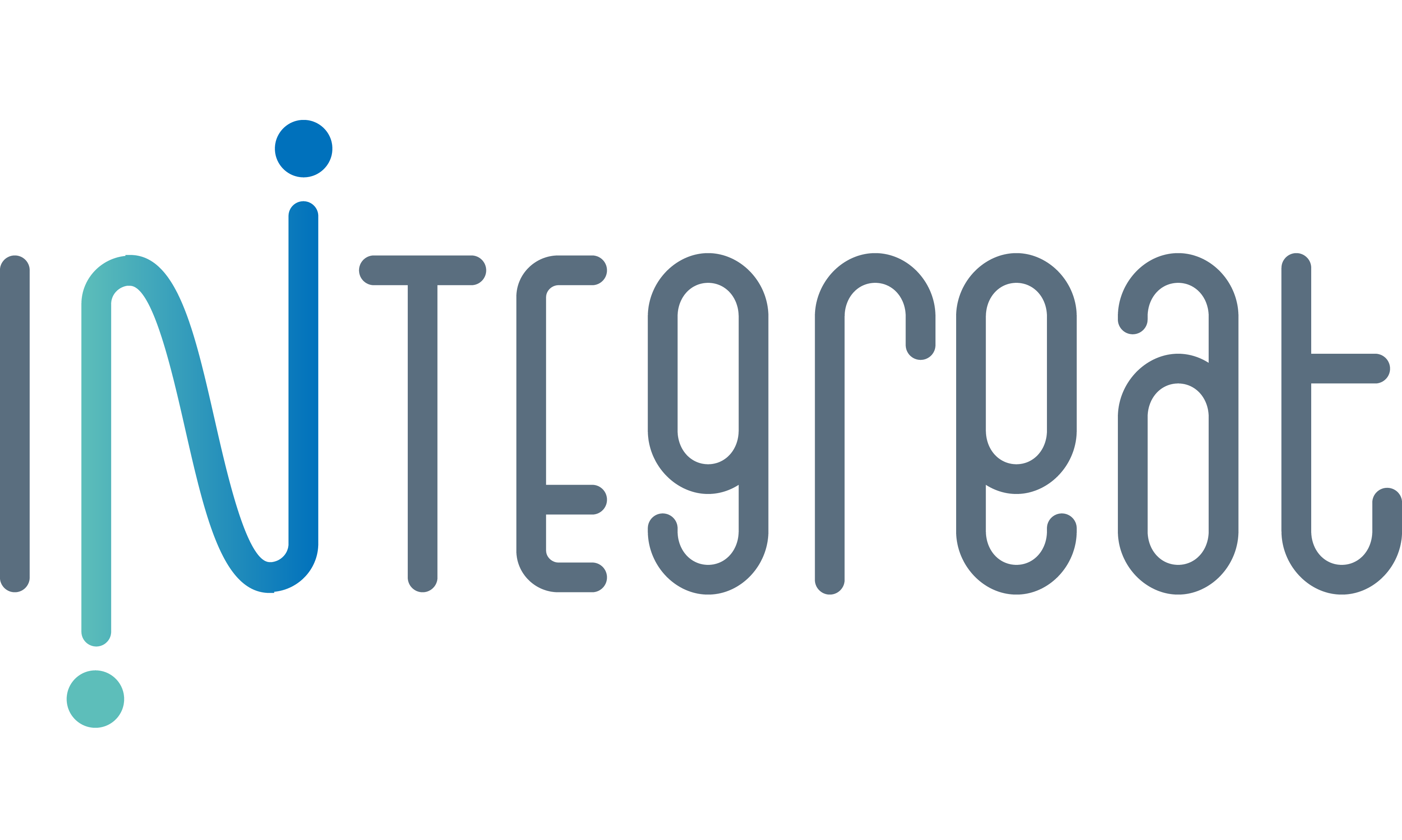INTEgreat
The project aims to build a stronger integration strategy and ecosystem for migrants and asylum seekers (women, men, families, LGBTQAI+) in Europe through:
- Analysis of the local contexts: development of an innovative Integration Strategy Framework (ISF).
- Implementation of 5 pilots in 5 different partnering countries: Italy, Spain, Greece, Cyprus and Ireland to test the framework.
- Development of a methodology to measure the impact of the pilots and creation of exploitable materials;
- Dissemination of results through a newly created web-based platform and social media.
The pilots will allow to test the novel ISF at urban level through a series of activities in four main areas: healthcare, employment, social cohesion, capacity building and training of both migrants and local citizens. Pilot activities include among others: knowledge sharing through a newly designed web-based platform in English, ISF manuals and toolkits in 4 languages (Italian, Spanish, Greek and English), capacity building to foster third country nationals (TCNs) entrance in the labor market, organization of intercultural events to facilitate inclusion, anti-racism and anti-xenophobia campaigns to lower prejudice and discrimination in local communities, specific training for local citizens in the private and public sector (healthcare, police force) to reduce cultural differences and the gap between migrants and service offerings. The establishment of multi-stakeholder partnerships at EU level will enable long-term and large-scale change aligned with previous AMIF projects (e.g. INTEGRA). The expected impact is the enhancement of migration policies through the creation of an innovative integration strategy applicable at EU level that will facilitate a more harmonious inclusion of migrants in society.
Project Objectives
INTEgreat will advance the state-of-the-art by filling the existing gap. Through the pilot interventions it will test and assess the efficacy of a novel Integration Strategy Framework (ISF) in 4 thematic areas all related to the integration of migrants. The cross-pollination among pilots will ensure an international learning process based on experience and good practice exchange. The ISF will be adapted and re-designed in a participatory approach throughout the project, leveraging the feedback from the pilots and exploiting content from each other. Furthermore, coherence with national and local policies will be also addressed. The ISF will focus on adult target groups (men, women, families) but it will be tested on extra vulnerable target groups as well such as migrant single mothers and LGBTQAI+. The adoption of the Theory of Change will ensure long-term impact. The ISF will be developed and exploited to evaluate activities in terms of content quality, learning outcomes from the trainings, behavioural shifts to enhance social cohesion, facilitation in accessing the labor market and healthcare services and sustainability potential of the ISF. This will guarantee complete coherence along all different activities and contents developed in the project assuring the most effective results. Below the main objectives are highlighted.
Outputs
Development of an exploitation plan. Define a strategy, identify opportunities and facilitate synergies for the exploitation of INTEgreat results and outcomes for the benefit of end users and stakeholders. Support policy makers by identifying specific needs and how to meet those needs through the ISF. Establish the extent to which project materials and digital content can be exploited to strengthen the sense of belonging of TCNs
Target Group
Migrants (men, women, families, LGBTQAI+): *Newly arrived from 2015, refugees with international protection or with the right to subsidiary protection, resettled refugees, asylum seekers, refugees who are vulnerable/at risk of social exclusion
Project timeline
The project duration is 3 years. The project started on January 26, 2022. The first eight months of INTEgreat are dedicated to literature and policy analysis in the five countries, conducting interviews with local stakeholders, addressing challenges in the integration system and finding solutions, developing the Integration Strategy Framework, creating the project web-based platform and designing the activities to be implemented through the pilots. On the ninth or tenth month of the project the pilots will begin in each country and last 18 months. During this time the ISF will be tested and improved as we receive feedback from the migrants and the local stakeholders (policy makers, civil society, sector organizations etc.). The pilots’ activities will be assessed and their impacts as well as cross-pollination activities will be measured through a set of KPIs. A combination of selected methods, such as promoting educational materials, dialogues, networking events and project meetings, will be utilized depending on the targeted audience and type of dissemination objective. INTEgreat dissemination actions aim at communicating the project’s objectives, activities and results to a wide audience through the use of the web-based platform, the I-Hub, live events, conferences, meetings, radio, TV and the use of social media throughout the project.
